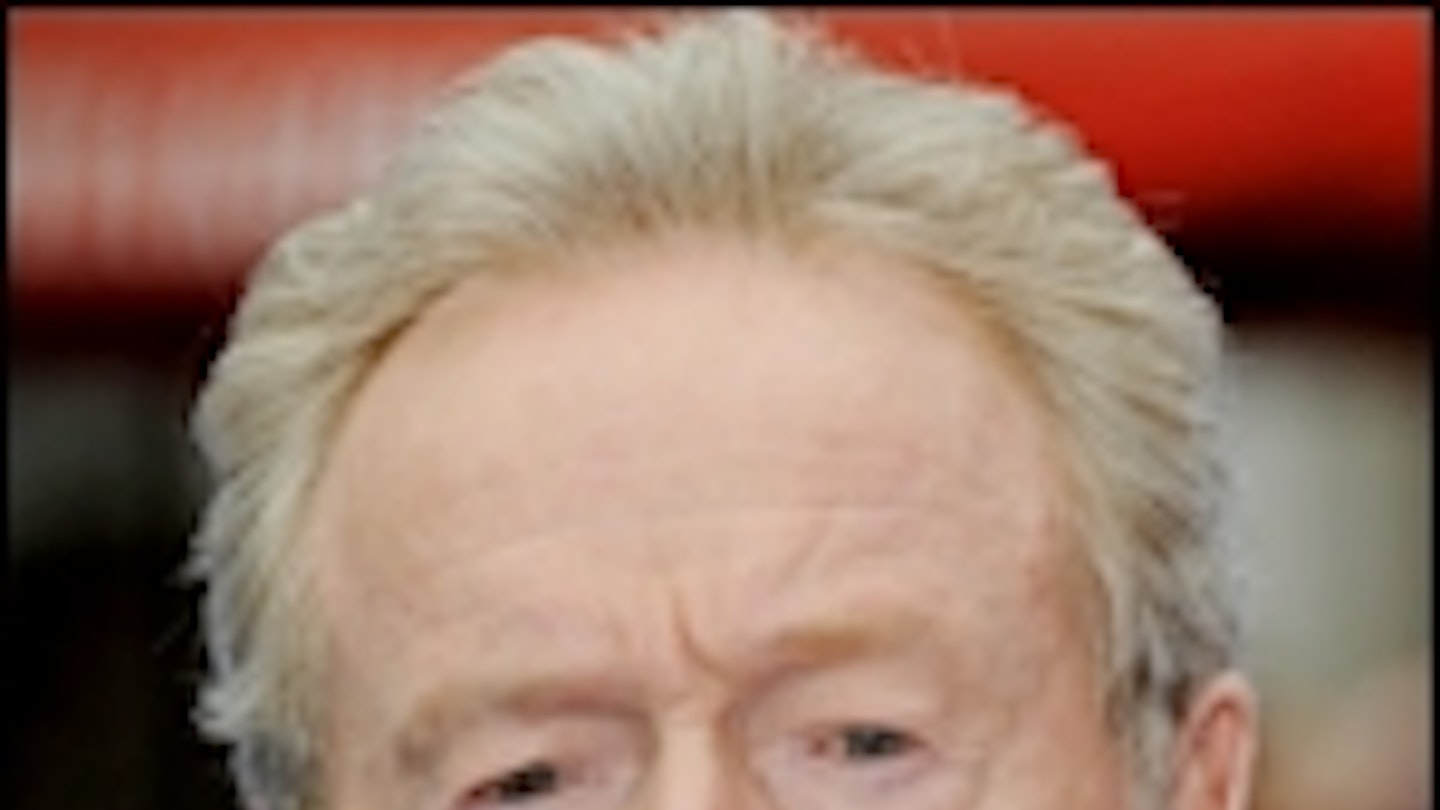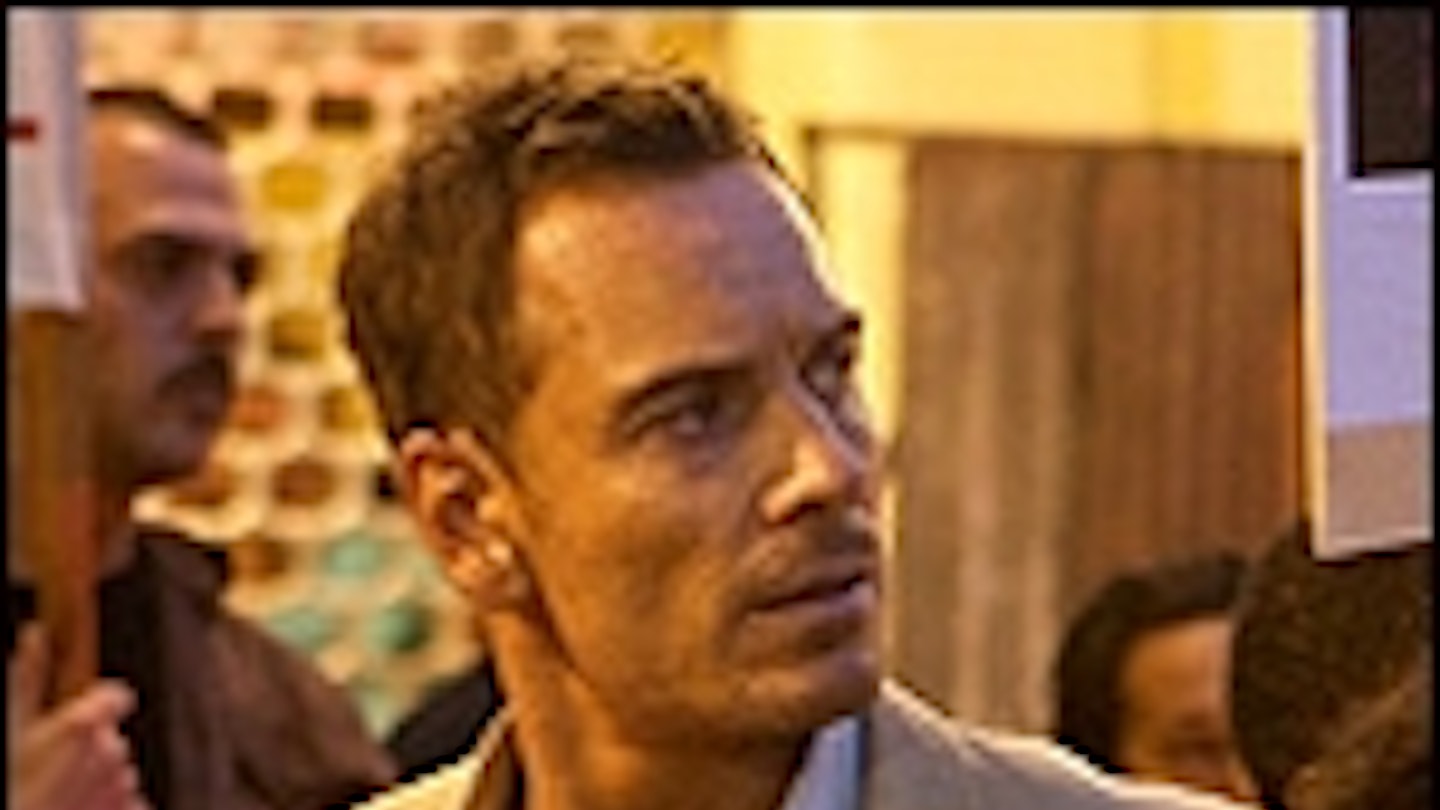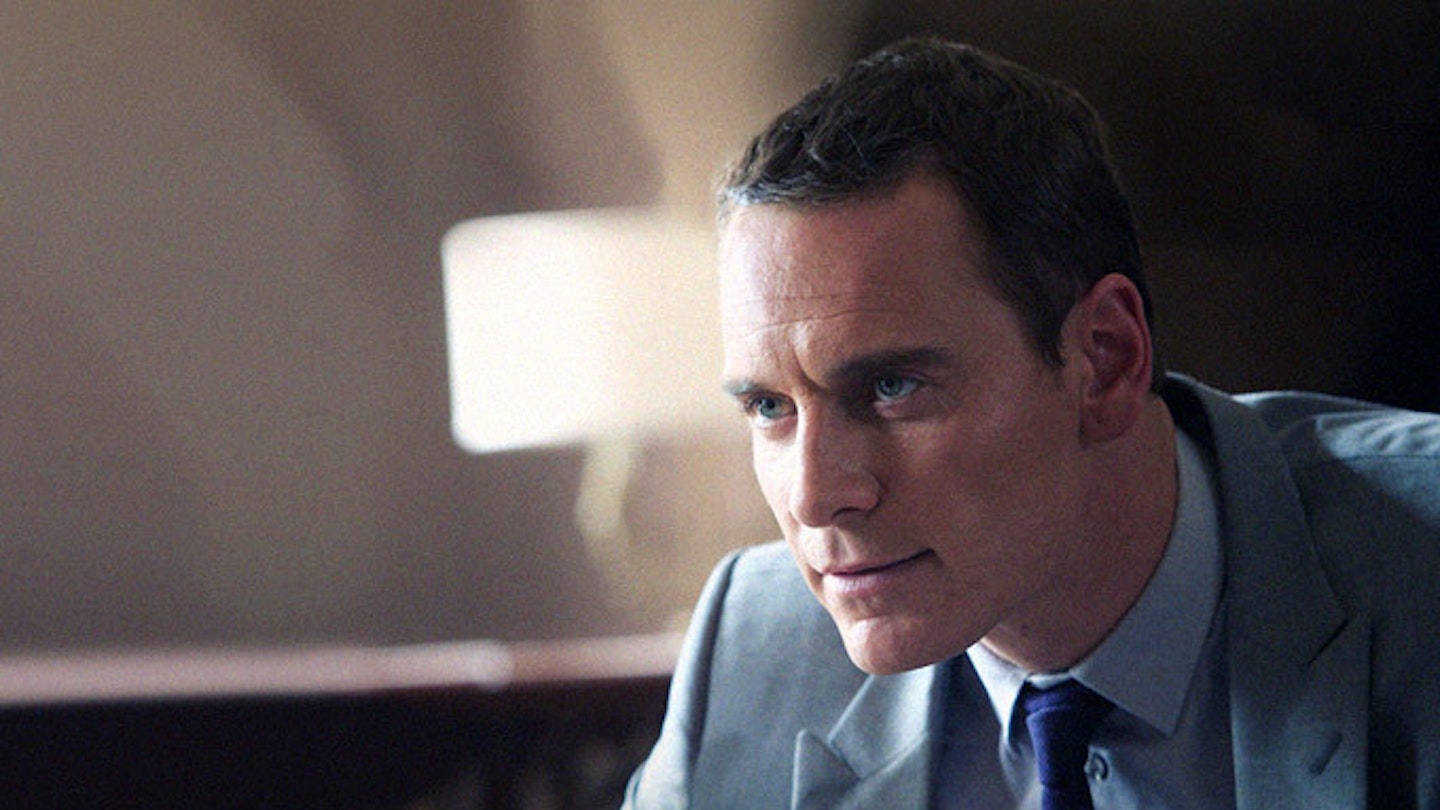Choices. There’s only really one of any importance in The Counsellor. The rest is all about consequences. And there will be many. As Michael Fassbender is told near the end, in the standout of the movie’s very many, very magnificent monologues: “You are at a cross in the road and here you think to choose. But here there is no choosing. There is only accepting. The choosing was done long ago.”
Cormac McCarthy’s first-ever screenplay — after the movie adaptations of his novels All The Pretty Horses (famously chopped up by Harvey Weinstein), No Country For Old Men (deservedly Oscar-winning for the Coens) and The Road (John Hillcoat’s depressingly solid take on a devastating source) — is mainly everything you want it to be. It is grimy and unrelenting and beautiful and transcendent and has not a lot in the way of established grammar. And it describes Cameron Diaz’s vagina as looking like a catfish. And you don’t get that every day.
Part parable and part smeared-window snapshot of the high-return, high-cost environment of the drug world’s middle management, it is packed with wonderful detail and typically perverse humanity (surprise dead bodies in barrels added to coke shipments are greeted on the receiving end with wry shrugs rather than shouting), but wilfully refuses to provide anything resembling a backstory or set-up. We’re never told why people have made their choices, just that they have. Reasons are things of little significance. This movie’s world is just a tiny piece in a bigger puzzle. Its characters grains of sand washed up on the beach of an unforgiving universe.
The lack of exposition is both brilliant and maddening. In a world where we are routinely spoon-fed The Message of a movie, here is one that generally gives its audience the credit and respect to read into it what it so chooses (which makes its on-the-nose epilogue all the more disappointing). This is not a story that builds, but one that skulks from one foreshadow to another. The effect is discombobulating but lasting. A long-time fan of McCarthy — Blood Meridian has been on his to-do list for yonks — Scott has finally got his hands on his precious prose and has the smarts to let it breathe. When his visual depth is added to McCarthy’s already knockout descriptions the effect is, in one key character’s death sequence in particular, quite extraordinarily powerful — so tense and black-witted it is near impossible not to watch, ironically, through your fingers.
The marriage of McCarthy and Scott isn’t always so seamless. Both are icons, but both are at their best at their grandest. That’s fine when it’s wide-shots and portent, but even this movie’s smaller moments are of such a scale that the rhythm can at times feel monotonous. The none-more-A-list cast inhabit this world with mixed success, some (Fassbender in particular) far better suited to the dialogue and grubbiness than others. Diaz seems, frankly, miscast.
Those expecting another No Country should prepare themselves for this but not be put off. Though The Counsellor’s more obvious modern sisters aren’t so much the Coens’ masterpiece as the likes of Angel Heart and Seven — fine company if you can get it — McCarthy has delivered a brutal study in grief, and Scott and his cast have mostly given it the treatment it deserves. It will require both your patience and your stamina. It will frustrate. Or reward. Your choice.







